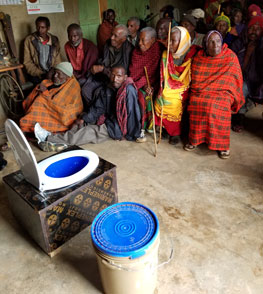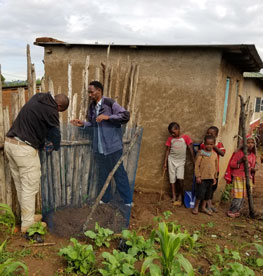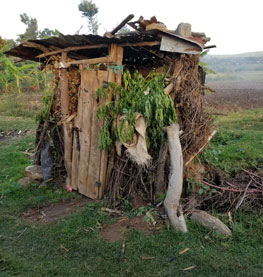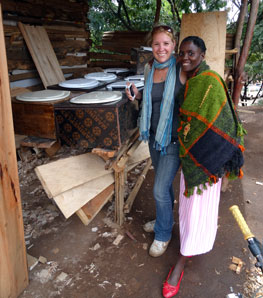
We are nonprofit team
and work nationwide
Composting, by definition, has three requirements: 1) human management; 2) aerobic conditions; and 3) the generation of internal biological heat. If these three requirements are not met, “composting” is not taking place and the end result cannot be called “compost.”
Most devices referred to as “composting toilets” do not compost and should be referred to as “dry toilets” or “biological toilets,” anything but “composting” toilets. These dry toilets are designed to dry out the toilet contents by separating or draining urine, venting, and/or applying external heat sources. They do not compost because the toilet contents don’t generate internal biological heat, primarily because of small organic masses and organic material that is too dry.
Learn more


